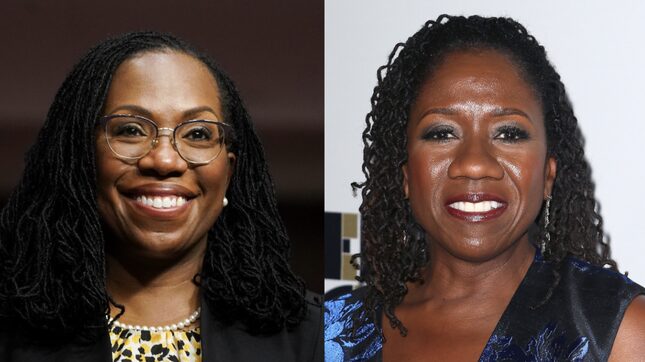Meet the Black Women Who Could Replace Justice Breyer
President Biden on the campaign trail promised to nominate a Black woman to the Supreme Court, and he has no shortage of qualified candidates to choose from.
JusticePolitics

Supreme Court Justice Stephen Breyer will finally, finally be retiring at a pivotal moment for, well, just about every human rights issue you could name. Since his announcement Wednesday morning, everyone has ideas about who should replace him, with many urging President Biden to fulfill his campaign promise to nominate a Black woman to the nation’s highest court.
There’s really no excuse for Biden not to nominate the first Black woman to SCOTUS, given how many frankly over-qualified individuals he could choose from. Though the president supposedly had a shortlist of candidates by Inauguration Day last year, it’s anyone’s guess who can make it through the wringer of a 50-50 Senate. As one person whose name is supposed to be on the shortlist told New York back in December: “Every Black woman under the age of 50 is under consideration.”
-

-

-

-

-

-

-

-

-

-

-

-

-

-

-

-

-

-

-

-

-

-

-

-

-

-

-

-

-

-

-

-

-

-

-

-

-

-

-

-








































